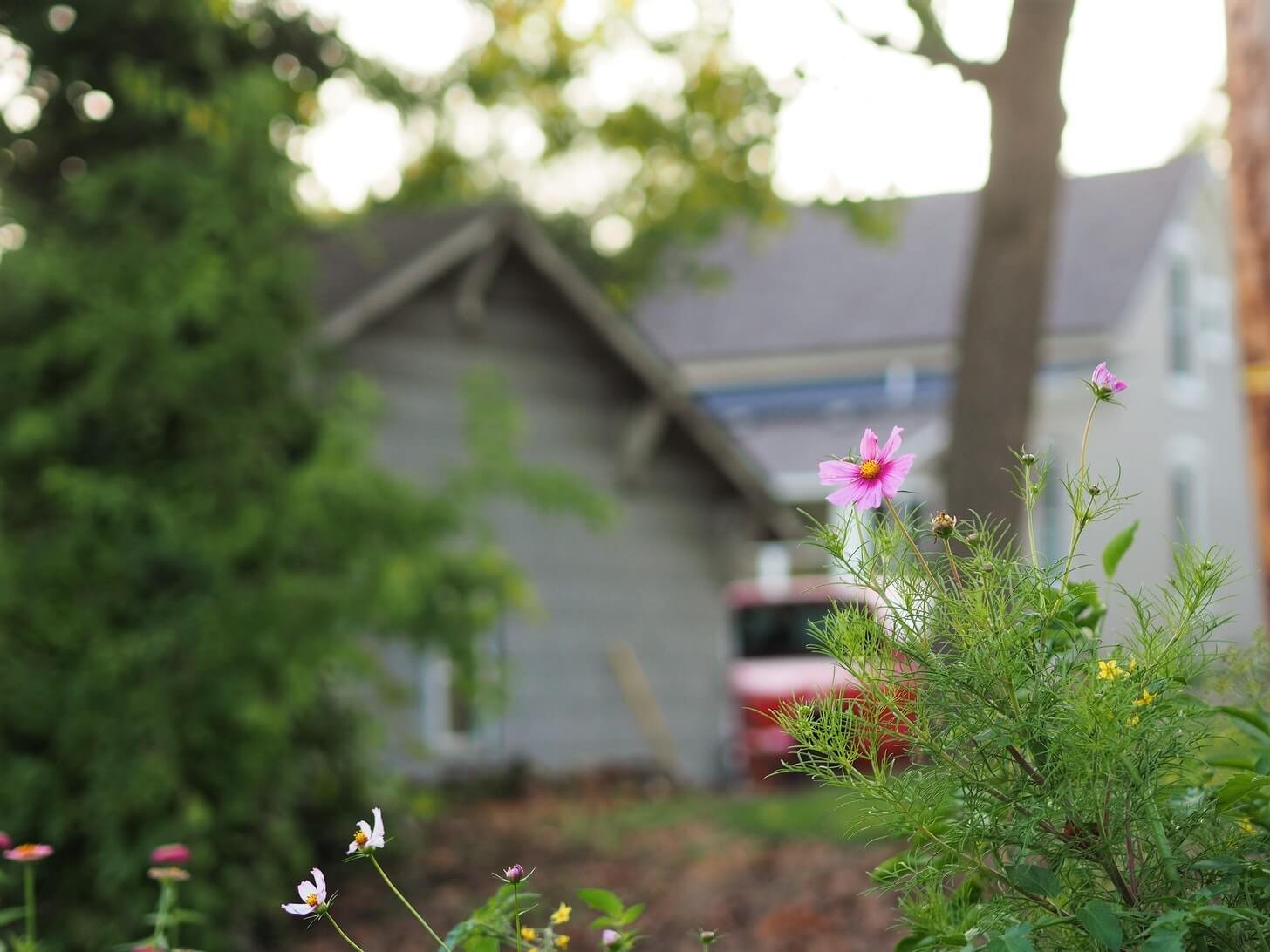Shannan Martin –– Author, neighbor, soup stirrer.
Shannan Martin is mom, wife, and neighbor living in Goshen, Indiana. She is a voracious reader, a wannabe-gardener, a news-geek, a thrift store-stalker, a justice-fighter, and an aficionado of not-too-spicy salsa. Shannan is author of Start with Hello, The Ministry of Ordinary Places and Falling Free. She is a cook at a local non-profit dedicated to feeding her community and falls asleep most nights thinking about breakfast.
Start with Hello
Available Now
You want more. You want to belong to a community that looks out for each other. You believe in your bones we don’t have to live detached, distracted, and divided. The question is, how? Packed with street-level practices and real-talk storytelling, Start with Hello is your field guide for a life of security, camaraderie, and joy.
Subscribe to The Soup, my free, monthly newsletter. I usually write on the topics of Jesus, food, or community. (Most likely, a combination of all three.) I also include links to the books I'm loving, recipes I'm cooking, and share about the little things that make life more fun. Visit my Substack for more details or sign up below.
Books by Shannan Martin






